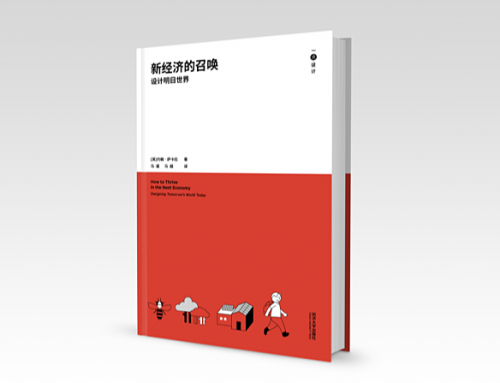Intel has launched a PC platform to meet the needs of rural villages and communities in India. The “ruggedized” Community PC is equipped to operate in a community setting while accommodating the varying environmental conditions prevalent in the country. Intel also announced an initiative called “Jaagruti†(“Awakeningâ€) to support the spread of rural Internet kiosks that will use the new Community PC. These kiosks would be operated by local entrepreneurs and provide neighboring communities with access to services such as e-Government forms (land records and marriage licenses, among others). The Intel project looks more likely to succeed than the $100 laptop being developed by MIT MediaLab. As we commented when the laptop was launched at Davos last year, the idea of one-person-one-device misses the important point: connectivity is at least as much about the design of clever business models as it is about the private ownership of technological devices. The Doors crowd learned this lesson ten years ago when the extraordinary Sam Pitroda spoke at Doors 4, in 1996. Pitroda enabled hundreds of millons of people to gain access to telephony in India by designing the Public Call Office (PCO) concept – a low-tech, high-smarts system based on the clever sharing of devices and infrastructure. The PCO model, which is further explained here, also informed our exploration of infrastructure design at Doors 8 in Delhi last year. Then, Intel’s Tony Salvador started an interesting argument about the ethics of ethnography used for and by commercial companies. By what right do designers study peoples daily lives if their purpose is to develop new products? Who owns such information, anyway? (Louise Ferguson has compiled a handy archive of texts about the subject; and there’s another good one here which I learned about from Mark Vanderbeeken).




